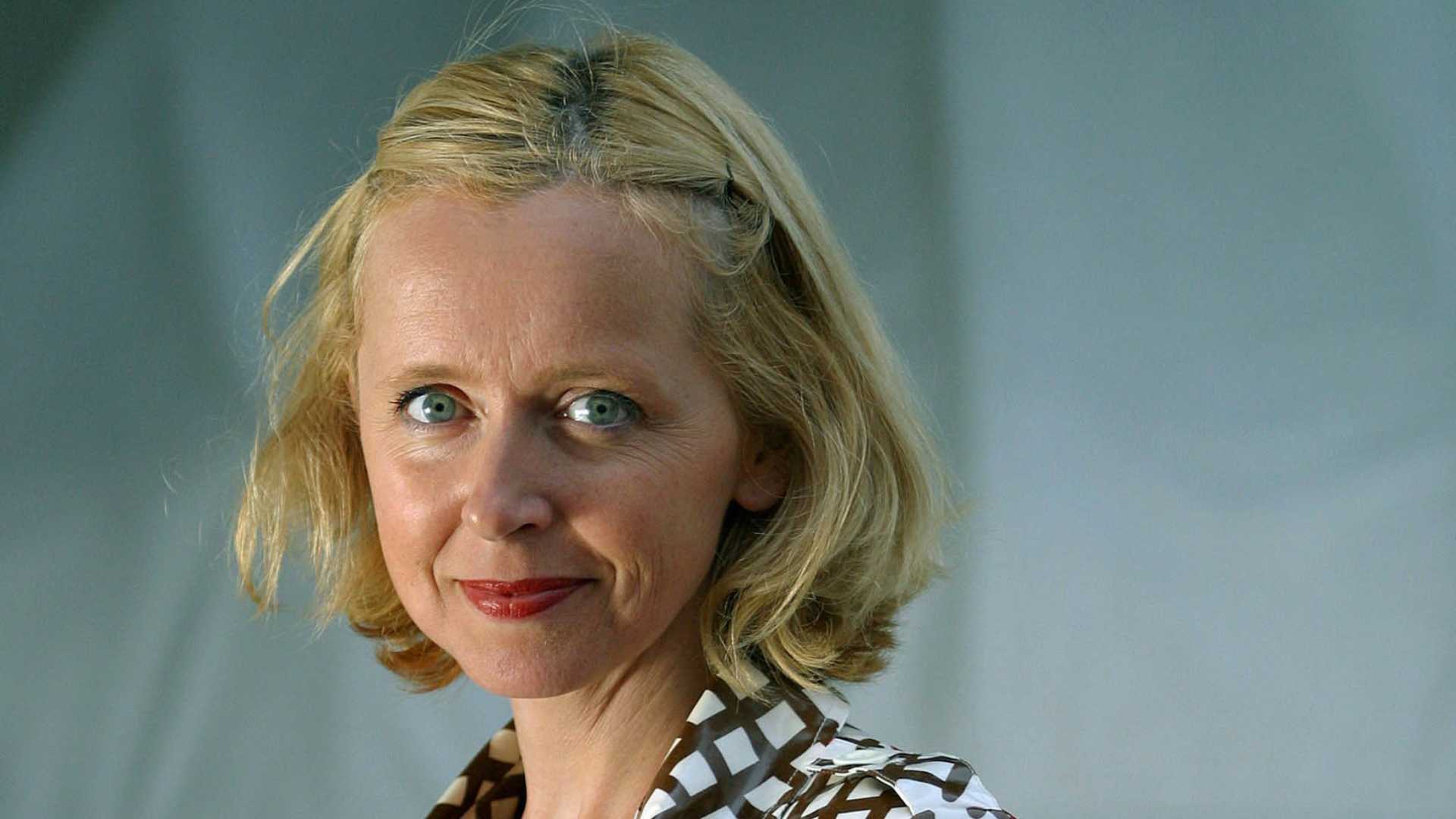Singapore’s ‘absurd’ colonial-era gay sex ban is unconstitutional, argues fresh appeal
LGBT+ people of Singapore form the words ‘Repeal 377A’ at the Pink Dot Rally on June 29, 2019. (Ore Huiying/Getty)
Three Singaporean campaigners launched an appeal Monday (25 January) against the decision to uphold a law banning sex between men.
Singapore’s gay sex ban dates to 1938, when the city-state was under British colonial rule. It is one of dozens of countries to have retained colonial-era anti-gay laws after independence.
But activists say the legislation jars with Singapore’s increasingly modern and vibrant culture.
M Ravi, a lawyer representing one of the activists, said in a Facebook post he had argued the gay sex ban could be deemed “absurd”.
The law, known as Section 377A, criminalises “any act of gross indecency” by a man “with another male person”. The law is rarely applied, but it carries a maximum sentence of two years in prison.
In March 2020, the Singapore High Court dismissed three challenges to the law, which it heard together. The appeals were brought by Johnson Ong Ming, a DJ; Bryan Choong Chee Hoong, the former executive director of LGBT+ organisation Oogachaga; and Roy Tan Seng Kee, a retired medical doctor.
The three argued that 377A was enacted in 1938 to curb commercial gay sex amongst British civil servants in colonial Singapore; that one’s sexual orientation cannot be changed; and that gay and bisexual men are “doubly criminalised” by the section.
However, the High Court disagreed and dismissed their claims.
According to the AFP, the trio will appeal the ruling, saying that the judge’s interpretation is wrong. Tan said the judge hearing last year’s case was wrong to reject arguments the legislation breached several articles of the constitution.
These include the right to equality before the law, the right to life and personal liberty and the right to freedom of expression.
At the time of the 2020 ruling, Téa Braun, director of international LGBT+ legal support group Human Dignity Trust, said the court had “reaffirmed” that all gay men in Singapore are “effectively un-apprehended criminals”.
“Now, more than ever, we stand in solidarity with Singapore’s LGBT+ community, and firmly believe that justice will, in the end, be delivered, no matter how long it takes,” Braun said.
Singapore gay sex ban challenges rejected twice.
In October 2014, the Singapore Court of Appeal declined to remove the country’s anti-gay law from the statute books. It held that LGBT+ people would have to wait for reform of Section 377A to come through parliament.
When asked about the future of Section 377a, Singaporean prime minister Lee Hsien Loong said the law would be around “for some time”.
In 2019, the prime minister said: “Whatever your sexual orientation, you are welcome to come and work in Singapore. It is the way this society is: We are not like San Francisco, neither are we like some countries in the Middle East. [We are] something in between, it is the way the society is.”
There has been progress on LGBT+ rights elsewhere in Asia.
In 2018, India’s Supreme Court decriminalised gay sex by overturning legislation from its own time under British rule.
Taiwan legalised same-sex marriage in 2019, making the island the first place in Asia to do so.






